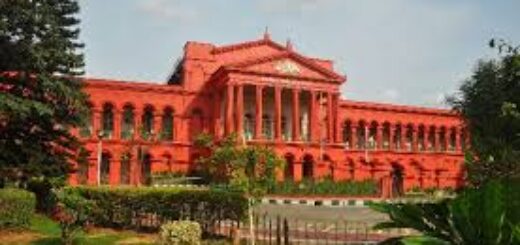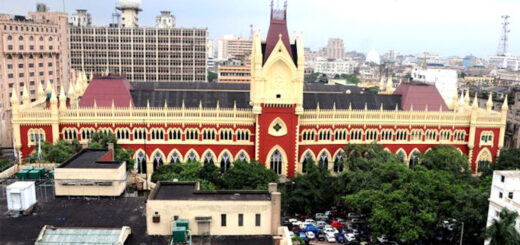The Supreme Court criticizes the Uttar Pradesh government for the ‘illegal’ demolition that took place in 2019, stating that you cannot just come in with bulldozers and tear down buildings overnight.

The Supreme Court criticized the Uttar Pradesh (UP) government today for an “illegal” demolition that took place in 2019. It also provided guidelines for all states and union territories on how to handle road widening and encroachments. A panel consisting of Chief Justice D Y Chandrachud, Justice J B Pardiwala, and Justice Manoj Misra ordered the UP government to pay Rs 25 lakh to the man whose home was destroyed for a road project. The bench questioned the UP government’s lawyer, saying, “You can’t just come in with bulldozers and tear down homes overnight. Families need time to move out. What happens to their belongings inside?”
Additionally, the Supreme Court instructed the UP chief secretary to investigate the situation regarding a house in Maharajganj district and take appropriate action. The bench explained the necessary steps a state must follow before proceeding with a road-widening project. It directed states to check the current width of the road using records or maps and conduct a survey to identify any encroachments. If an encroachment is found, the court stated that the state must notify the encroacher to remove it. If there are objections to the notice, the state should provide a “speaking order” that respects the principles of natural justice.
In a situation where the objection is denied, a proper notice will be given to the individual facing the proposed negative action, instructing them to remove the encroachment. The court emphasized that if the individual does not comply, the relevant authority will take action to remove the encroachment unless there is a court order or directive preventing it. If the current width of the road, including adjacent state land, is inadequate for road expansion, the state will legally acquire the necessary land before proceeding. While discussing the case of the petitioner, represented by Senior Advocate Siddharth Bhatnagar and Advocate Shubham Kulshreshtha, the court noted that the demolition was done in a manner that was overbearing and lacked legal authority.
The court concluded that the entire process of demolishing the house in 2019 was excessive. During the hearing, it was revealed that there had been 123 demolitions in the area. The Supreme Court also noted that the encroachment in question was only 3.7 square meters. The court questioned, “How can you just start demolishing people’s homes like that? Isn’t this total lawlessness?” It further stated, “You simply enter and demolish someone’s house. No notice, nothing.” The bench pointed out that property was destroyed without proper boundaries or acquisition, and it asked the state’s lawyer about the procedures followed by state authorities before taking such actions. “You claim you only issued ‘munadi’, which is just a drumbeat,” it remarked, noting that no notice was given to the person before the house was destroyed, according to court records.
The Supreme Court asked the state lawyer why the construction was deemed unauthorized. When the lawyer mentioned a road-widening project, the court responded, “Widening seems like just an excuse. It doesn’t appear to be a valid reason for this whole action.” The court added, “You can’t simply demand someone to leave their home and say you’re going to demolish it.” The Supreme Court instructed the chief secretary of Uttar Pradesh to investigate the roles of officials and contractors who may have been involved in the illegal demolition. This investigation could lead to disciplinary measures against any official linked to the demolition of the petitioner’s house and other similar properties affected in the area. After the inquiry, the state was told to take appropriate actions, including criminal charges, to hold accountable those who broke the law. The bench ordered that the state of Uttar Pradesh pay the petitioner Rs 25 lakh as compensation, noting this would be temporary and would not prevent the petitioner from seeking further legal remedies. Additionally, the bench instructed the judicial registrar to send a copy of its order to the chief secretaries of all states and union territories to ensure adherence to the guidelines for road widening.








